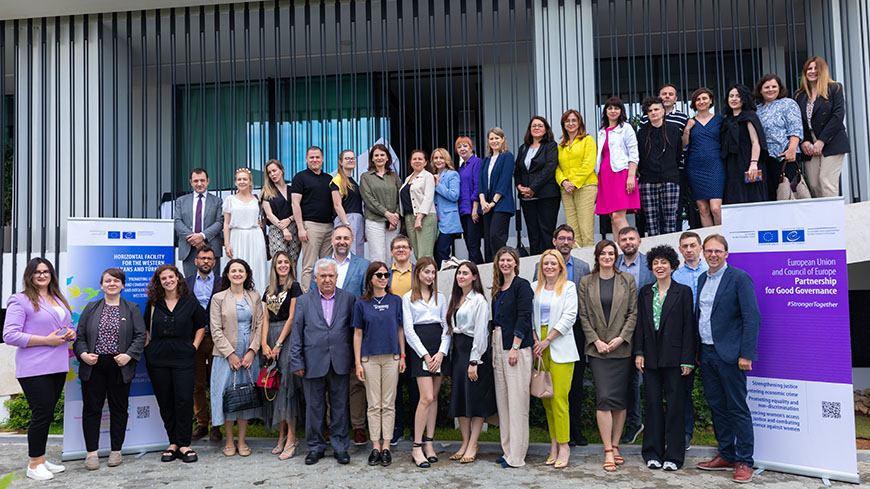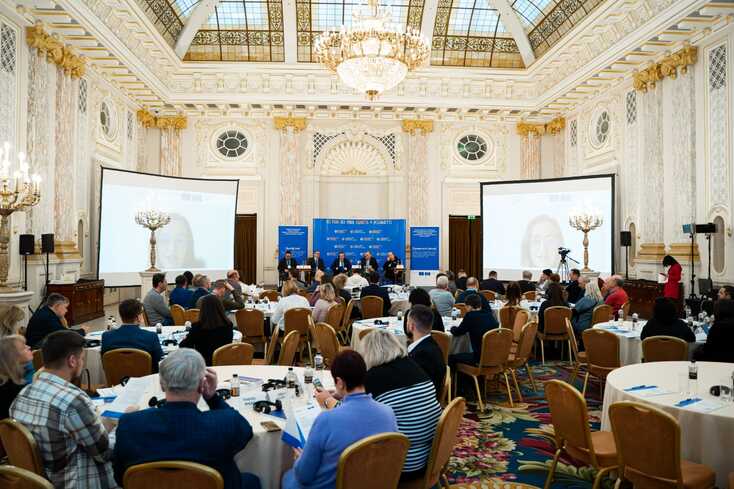The project Reinforcing multi-level policy coordination for integration in Italy came to its close with important results, which were presented and discussed in Rome on 13 March, during the project’s final event.
A team of experts presented main project’s deliverables with a view to the way forward and to the potential use the Ministry and other stakeholders can make of these, as legacy of the fruitful work by all partners.
A Blueprint for an improved coordination mechanism for the integration of migrants was developed, and among the tools recommended to enhance such a mechanism, a monitoring and evaluation platform for all the projects funded by the DG Immigration of the Ministry of Labour and Social Policies was the object of a need assessment study.
Three policy briefs on relevant topics such as the role of local authorities and civil society in the integration of migrants, their access to the labour market and to the validation of their competencies, the social and labour inclusion of women and other vulnerable categories of migrants were produced and used for outreach purposes.
A methodology and recommendations for enhancing the capacity and the efficiency of existing Italian One Stop Shops (OSS), meant as entities delivering different services for migrants under the same roof, were performed by Council of Europe experts with the relevant contribution of local actors, such as the Milano Welcome Center and the SUAM Roma.
The presentations were followed up by a lively discussion and by the closing remarks of Stefania Congia, Director of the DG Immigration, who praised all the project partners and announced that the creation of the monitoring and evaluation platform for all projects funded by the DG had been budgeted by the Ministry for the current year, using the needs assessment study as a basis for its development.
The event was organised in the framework of the project Reinforcing multi-level policy coordination for integration in Italy, co-funded by the European Union via the Technical Support Instrument and implemented by the Council of Europe, in co-operation with the SG Reform and Investment Task Force of the European Commission and the Ministry of Labour and Social Policies of Italy.

















